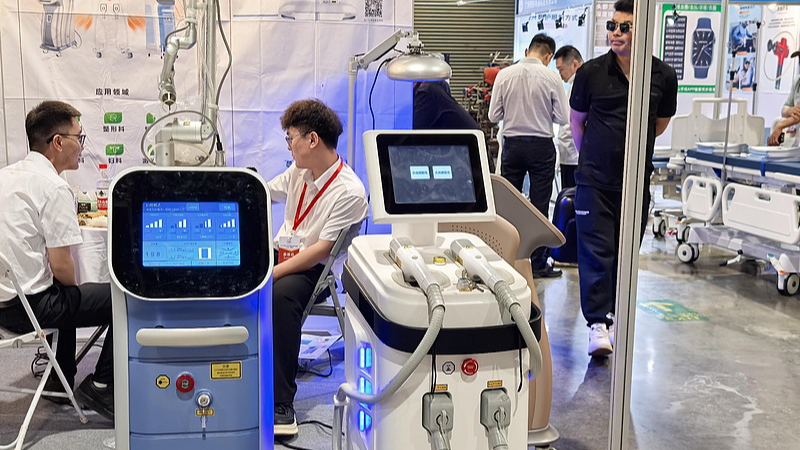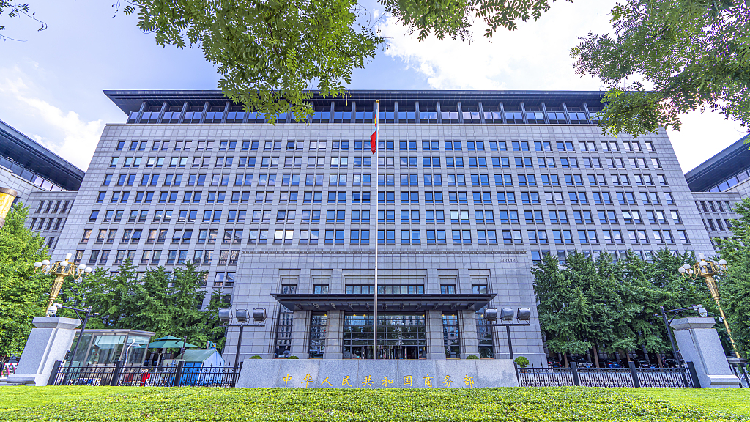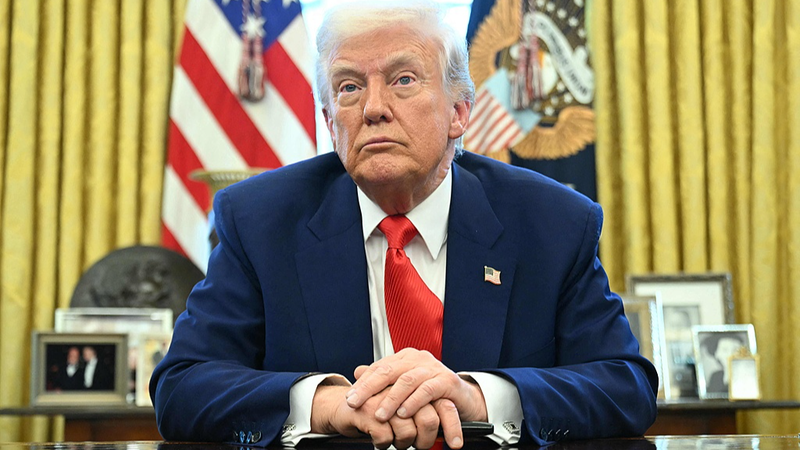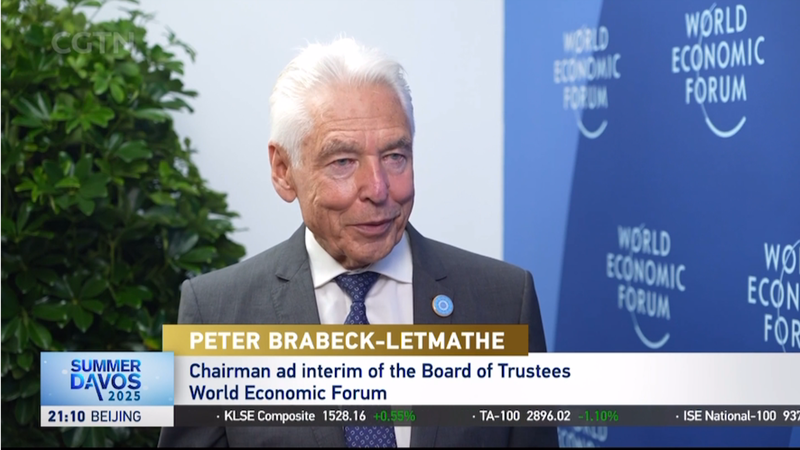In a move that has rippled across global trade circles, the China Chamber of Commerce to the EU (CCCEU) raised the alarm over a recent EU decision to block Chinese companies from bidding on public procurement contracts valued at over 5 million euros (about $5.72 million) for the next five years.
Approved under the bloc's International Procurement Instrument (IPI), these measures prevent enterprises from the Chinese mainland bidding on high-value medical device tenders. The CCCEU called the decision 'discriminatory,' arguing it clashes with the EU's own pledges of openness, fairness and non-discrimination in market access.
Launched in 2022, the IPI aims to enforce 'market reciprocity' by restricting bidders from economies deemed less open than the EU. But the chamber pointed out that European medical device companies have long enjoyed broad access to the Chinese mainland market, contributing to innovation, investment and job creation.
'This decision adds new complexity to China-EU economic and trade relations,' the CCCEU said, warning it could undermine balanced engagement and mutual benefits. The statement also highlighted growing global protectionism, citing recent unilateral tariff measures that have disrupted supply chains worldwide.
By sidelining Chinese firms, the chamber cautioned, policymakers risk turning policy tools into de facto trade barriers, which could stall the recovery of a global economy still reeling from pandemic disruptions.
As young entrepreneurs and tech enthusiasts watch this drama unfold, the call for constructive dialogue is louder than ever. The CCCEU has urged EU leaders to rethink the long-term implications of the IPI measures, stressing that free trade and multilateral cooperation are key to sustainable growth in an interconnected world.
Reference(s):
China chamber decries EU discriminatory curbs on medical device firms
cgtn.com




